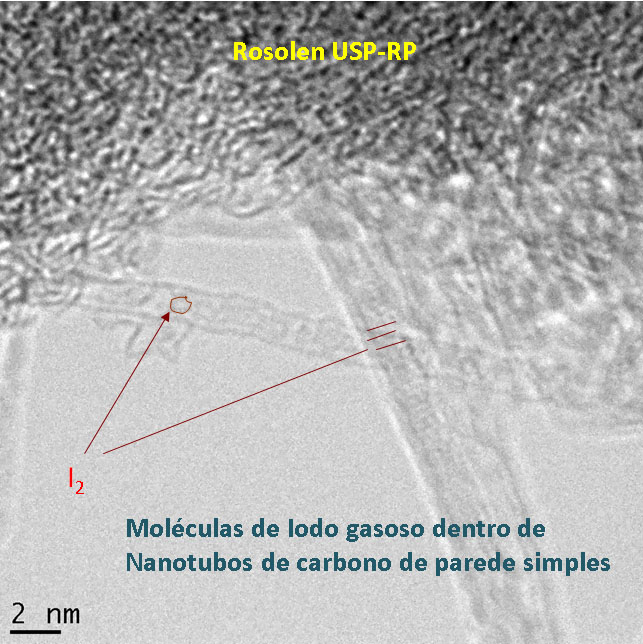
Nanotechnology laboratory operates in two research fields:
development and characterization of electrochemical devices with emphasis on
electrodes and carbon nanotechnology, so that synergism acts as seeds of innovation.
The projects that are currently underway in our
laboratory include both traditional and innovative
materials and electrode engineering methodologies,
where the production plant governs the actions in
the research laboratory (costs, reproducibility,
recycling, scaling, environmental impact, and
performance).
The lab was established in 1997, and our research
team began work on independent or collaborative
projects regarding Li-ion batteries and carbon
nanotubes. The collaborative projects have involved
mainly research groups in Europe and the USA, as
well as several companies.
The main actions taken since then have included:
- -Micro/nanostructured nonwoven carbon fiber polymer-free electrodes or plates (redox V battery, Zn/Ar, Hybrid Li-ion Ultracapacitor, Ultracapacitors, blue-energy batteries).
- -Natural graphite to produce reduced chemical graphene for inventive activity and/or innovation.
- -Graphene nanocomposites for energy devices.
- -Electroactive Ni, Co, Mn, Ga, Nb, Bi, Al, Li, and V materials for cathodic materials with application in Li-ion batteries.
- -Coating of electroactive materials used in Li, Na ion batteries (grinding, thermal, and chemical processes).
- -Pyrolysis of carbonaceous materials from biomass waste (e.g.; products from the ethanol and rice industry).
- -Carbon nanotubes for electrodes.
- -Binder cellulose electrodes for Li ion batteries.
- -Natural graphite for alkaline batteries (expanded) and Li ions (spheroidal).
J. Mauricio Rosolen
Professor
Academic graduation
PhD: Materials and Electrochemistry
Sapienza University of Rome
(1992-1995)
Graduation and Master: Physics
University of Campinas Gleb Watagin Institute
(1985-1991)
Sabbatical leave University of Surrey-ATI
(2005)
Research Area(s)
Energy Storage
Carbon Nanotechnology
Affiliation
Department of Chemistry, FFCLRP-USP
Office
Block 6, Department of Chemistry, FFCLRP-USP
Room: X
Phone
+55 16 3315 3764
rosolenffclrp.usp.br
Curriculum
Micro/nanostructured materials are composites on which our research team has been working since 2000. These can be hybrid and hierarchical or meta- materials with architectures defined by micrometric materials, while the hybrid properties emerge both from nanometric properties and electronic interactions between the nano- and the micrometric constituents. They are also an important alternative to mitigate the toxicity of carbon nanostructures and other nanomaterials of interest to electrodes.

Typical examples of micro/nanostructured electrodes include functionalized carbon nanotubes or graphene sheets, which account responsible for the electrode nanoarchitecture, while nonwoven carbon micro- or nanofiber arrangement determines the electrode 3D geometry.
Our research team devotes particular attention to the production of materials, including the development of the equipment for pilot studies when commercial equipment is not available. The electrochemical characterization of the devices is always carried out predominantly with commercial battery-grade electrolytes. Moreover, the laboratory conducts academic research in order to understand the chemical, electrochemical, and physical mechanisms behind energy storage.
The laboratory has also developed and investigated other types of micro/nanomaterials and nanocarbons. Several studies involving micro/nanomaterials are also currently under investigation for environmental, catalysis, and sensor applications in cooperation with other research groups or companies



Tipos de nanocarbonos e micro/nano produzidos no CNAI-USP













Membros do grupo

Décio Batista de Freitas Neto
Aluno
Pesquisa

Elaine Matsubara
Phd
Pesquisa

Farlon Felipe Silva Xavier
Aluno
Pesquisa

Julia Lima Oliveira
Aluna
Pesquisa

Larissa Camila Santos de Freitas
Aluna
Pesquisa